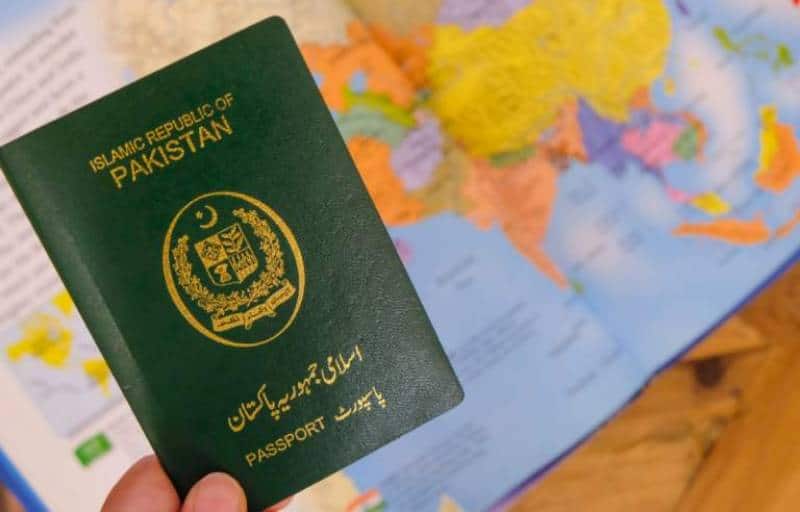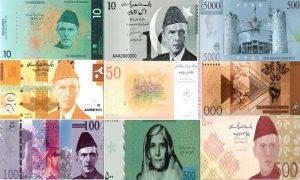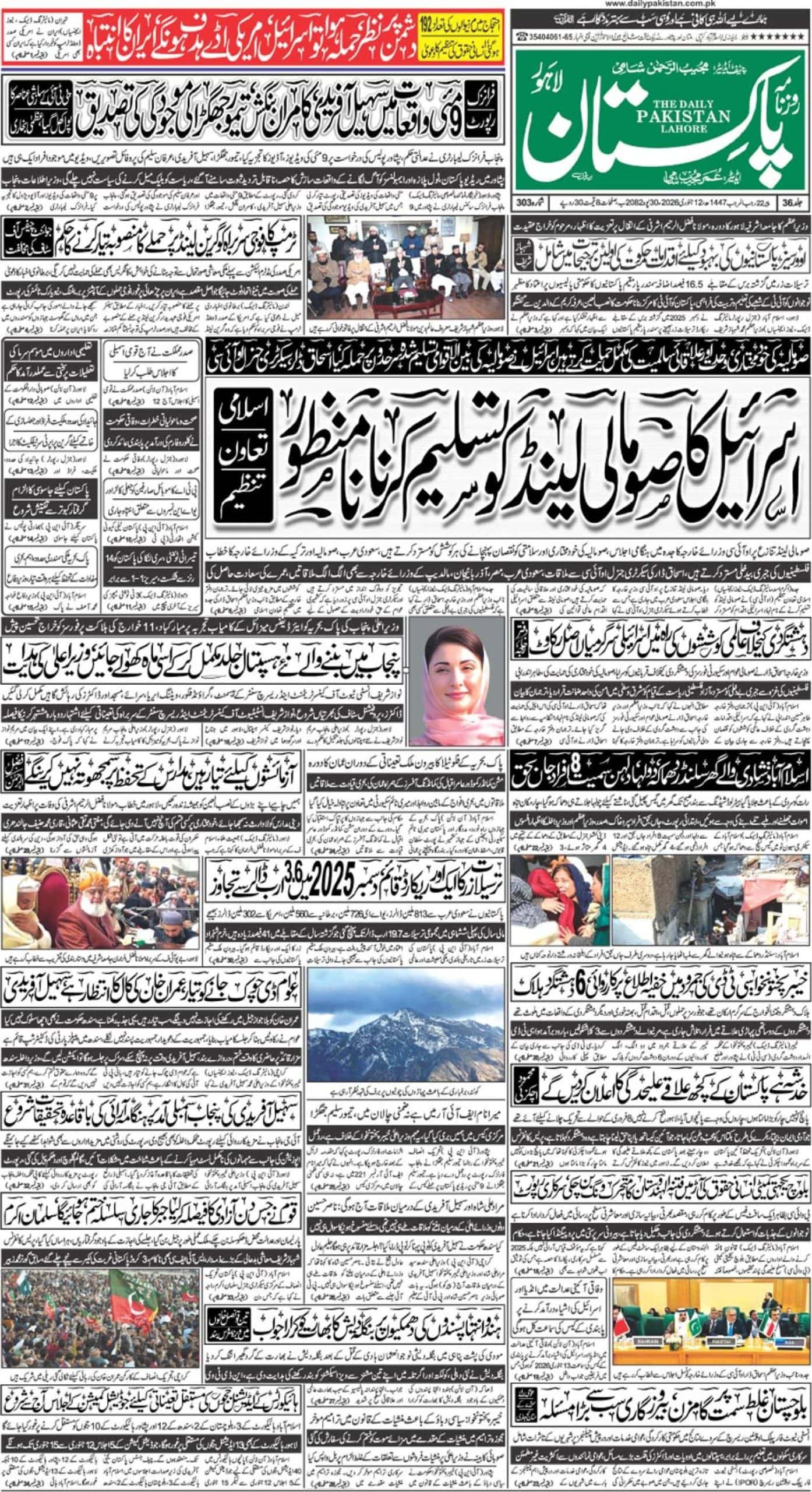ROME/ISLAMABAD – The Italian government has allowed Pakistani nationals to apply for seasonal and non-seasonal work visas for the year 2020-21.
Under Decreto-Flussi, over 30,000 workers from agriculture, tourism, construction and freight forwarding sectors can avail themselves of this opportunity.
Pakistan has been included in this category of visas after a lag of two years as a result of sustained efforts by the Pakistan embassy in Rome.
Talking to media, Pakistan Ambassador to Italy Jauhar Saleem said Italy hosted the largest Pakistani diaspora in the EU following Brexit, who sent over $142 million in remittances in 2019-20.
Decreto flussi 2020
The decreto flussi is an Italian government law that sets how many non- European citizens can enter Italy for work.
In addition to the number of non-EU citizens who can enter Italy for work, the decreto flussi also sets the number of people who can convert their residence permit (for example for study) into a residence permit for employed or self-employed work.
The decree is annual, which means that every year the government decides the number of people who can enter Italy for work in that same year. Therefore, a new decreto flussi comes out every year.
The decreto flussi 2020 establishes that a total of 30,850 people can enter Italy for work reasons distributed as follows:
Seasonal work (therefore for a job that takes place only in one period of the year): 18,000 people from the following countries: Pakistan, Albania, Algeria, Bangladesh, Bosnia-Herzegovina, Korea (Republic of Korea), Ivory Coast, Egypt, El Salvador , Ethiopia, Philippines, Gambia, Ghana, Japan, India, Kosovo, Mali, Morocco, Mauritius, Moldova, Montenegro, Niger, Nigeria, Republic of North Macedonia, Senegal, Serbia, Sri Lanka, Sudan, Tunisia, Ukraine of which
- 6,000 for seasonal agricultural work. Applications can be submitted by employers through these associations: Cia, Coldiretti, Confagricoltura, Copagr, Alleanza delle cooperative (includes Lega cooperative and Confcooperative).
- 1,000 for multi-year seasonal work (with a single authorization the worker can enter Italy for seasonal work for a maximum of 3 years).
Non-seasonal and self-employed work (therefore for jobs that have a longer duration than seasonal work): 12,850 people, of which
- 6,000 people from Pakistan, Albania, Algeria, Bangladesh, Bosnia – Herzegovina, Korea (Republic of Korea), Ivory Coast, Egypt, El Salvador, Ethiopia, Philippines, Gambia, Ghana, Japan, India, Kosovo, Mali, Morocco, Mauritius , Moldova, Montenegro, Niger, Nigeria, Republic of North Macedonia, Senegal, Serbia, Sri Lanka, Sudan, Tunisia, Ukraine and the other countries with which Italy has agreements for work in the road transport sectors (example: truck driving), construction and tourism (example: hotel waiter).
- 100 people who have completed training and education programs abroad approved by the Ministero del Lavoro e dell’Istruzione.
- 100 people who come from Venezuela and have Italian origin for at least one part of the family.
- 500 people for self-employment, i.e. entrepreneurs, freelancers, famous artists, start-up creators.
- 6150 people who need to convert a type of permit into a work permit including: 4,060 people with a residence permit for seasonal work to be converted into a residence permit for non-seasonal employed work; 1,500 people with a residence permit for study, professional training or internship to be converted into a residence permit for non-seasonal employed work; 370 people with a residence permit for study, professional training or internship to be converted into a residence permit for self-employment; 200 people with EC long-term residence permit issued by another EU member state to be converted into a residence permit for non-seasonal employed work; 20 people with EC long-term residence permits issued by another EU member state to be converted into a residence permit for self-employment.
How to apply
From 13 October 2020, applications can be pre-filled to enter Italy with the decreto flussi.
However, the actual submission of applications is available from 22 October for non-seasonal employed work, self-employment or for conversions and from 27 October for seasonal work.
The deadline for submitting applications is 31 December 2020.
The application can only be made online on the website. To be able to fill in the application, you must have SPID credentials.
For seasonal and non-seasonal employed work, it is the employers who must apply, while for self-employment and conversions, it is the person with the permit who must apply.
Among the information to be included in the application are:
details on the worker’s accommodation in Italy (i.e. where the worker will live)
and the documents necessary for carrying out the work, such as the contract (for seasonal and non-seasonal workers) or the business licenza (for the self-employed). The licenza is the authorization that allows the self-employed person to start his business.
The application will be received and examined by the Sportello Unico per l’Immigrazione.
After the application
If your application for nulla osta is approved by the Sportello Unico, you can apply for a visa for Italy at the Italian embassy or consulate in your country of origin.
Once you have obtained the visa, you can enter Italy and apply for a residence permit to stay regularly and carry out your work.
The nulla osta is valid for 6 months. This means that you must enter Italy and apply for a residence permit within 6 months from the date of issue of the nulla osta.














